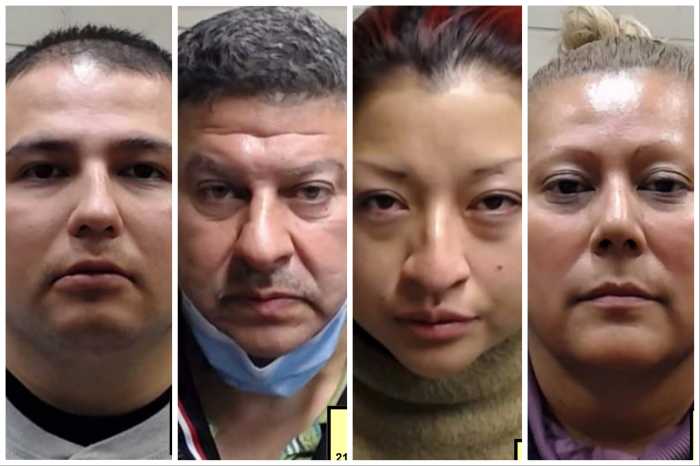Queens robbery conviction thrown out after court finds prosecutor illegally blocked Black prospective jurors

A state appellate court reversed a 2019 robbery conviction after the prosecutor improperly barred Black prospective jurors from serving.
Photo via Getty Images
The Queens District Attorney’s Office is currently reviewing the case against Stalin Vera, whose 2019 robbery conviction was reversed by the New York State Supreme Court Appellate Division last week.
The court ruled that a prosecutor illegally denied three Black prospective jurors from serving on the jury that convicted Vera of robbery and criminal possession of stolen property on May 17, 2019. In the Dec. 27 ruling, the appellate judges determined that the defendant would have to be retried if the Queens District Attorney’s Office continues to seek a conviction in the case.
The appellate judges didn’t disclose the name of the prosecutor in the 2019 case but noted that the Black jurors were excluded by the prosecutor from serving on the jury via improper means.
The prosecutor, according to the judges, stated that since one prospective juror “lives on church property,” there were concerns “as to religious reasons, sympathy reasons.” However, the prosecutor, according to last week’s ruling, never questioned the prospective juror concerning her religious affiliation, or whether her living situation would make her more sympathetic to the defendant.
Additionally, when stating that the prospective juror’s nephew “had a drug case that went to trial and he was found not guilty,” the prosecutor misstated the record, which reflects that the individual with the “drug case” was the son of a friend of the prospective juror.
With respect to the second prospective juror, the prosecutor based a challenge saying she lived at Creedmoor and worked with the “criminally insane” for 33 years, and that “she’s been doing it her whole life, so she’s had involvement with the criminal justice system and dealing with people who have been involved in the criminal justice system.”
The prosecutor struck off a third prospective juror, in part, because he had worked with handicapped and disabled individuals, including those with mental health issues and criminal cases —while not offering any explanation as to why the prospective juror’s employment situation related to the factual circumstances of the case or the qualifications of the juror to serve. Additionally, the prospective juror stated that he had been retired from his position for approximately 23 years and that he would “go on the facts” of the case.
In addition to barring the three Black prospective jurors, the prosecutor engaged in instances of improper conduct during summation. Specifically, the prosecutor made an unqualified pronouncement of the defendant’s guilt, stating, “I’m here asking you to strip [the defendant] of his presumption of innocence because, ladies and gentlemen, he’s not.”



































